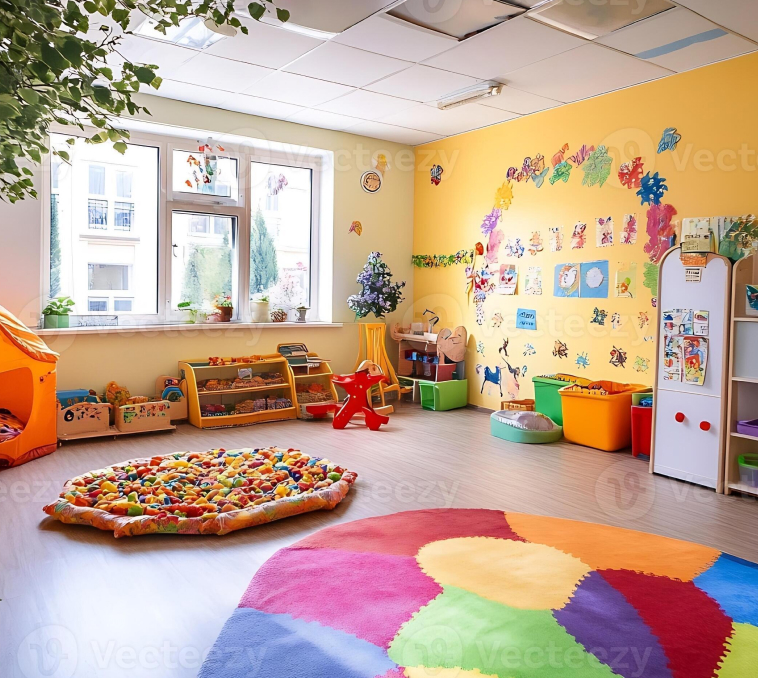
Artificial Intelligence (AI) is rapidly transforming the world around us and its influence extends to the way our children learn, grow and interact with their environment. Understanding how AI can both enhance and potentially hinder child development is crucial as we navigate a future where technology and humans become increasingly intertwined. Here’s a look at AI’s impact and how Australia is proactively preparing children to thrive in this changing landscape.
Potential Benefits of AI for Child Development
Personalised Learning: AI-powered educational tools can adapt to each child’s unique learning style and pace, offering tailored instruction to address individual strengths and weaknesses.
Early Intervention and Support: AI algorithms can assist in the early identification of developmental delays or learning difficulties, facilitating timely intervention and personalised support.
Language Development: AI language learning tools can expose children to new vocabulary and sentence structures in a playful and engaging way.
Stimulating Curiosity and Creativity: AI-powered toys, games and educational apps can spark children’s curiosity, fostering problem-solving skills and encouraging a playful exploration of technology.
Potential Challenges of AI on Child Development
Social and Emotional Development: Overreliance on AI devices could potentially reduce opportunities for face-to-face interactions crucial for developing social skills, empathy and emotional intelligence.
Critical Thinking and Problem-Solving: While AI can provide answers, children need to develop the ability to think independently and solve problems without relying solely on technology.
Privacy Concerns: AI collects vast amounts of data, raising ethical considerations about the privacy and security of children’s information.
Algorithmic Bias: AI systems can perpetuate societal biases if trained on biased data, inadvertently exposing children to stereotypes and discrimination.
Preparing Children for an AI-Driven Future: The Australian Approach
The Australian government and early learning centres recognise the importance of preparing children for an increasingly AI-dominated world. Here’s how they’re working to strike the right balance:
Digital Literacy Initiatives: Programs focus on teaching children about AI, coding and responsible technology use, empowering them to become creators, not just consumers, of technology.
Emphasis on Human Skills: Early childhood education prioritises skills that AI cannot easily replicate, such as critical thinking, creativity, collaboration, communication and empathy.
Ethical AI Frameworks: The government is developing policies and guidelines to ensure safe, ethical and responsible use of AI in areas that directly affect children.
Research and Collaboration: Universities and research institutions are studying the impacts of AI on child development, informing policy decisions and refining best practices in early childhood education.
The Importance of the Early Years Learning Framework (EYLF) & Play-Based Learning
In this evolving landscape, the EYLF and play-based learning have become even more relevant in helping children develop essential skills for the future. Here’s why:
Developing Agency and Initiative: Play provides a space for children to experiment, make choices and solve problems independently, laying the foundation for critical thinking skills.
Fostering Creativity and Imagination: Open-ended play allows for flexible thinking, innovation and the ability to envision new possibilities – traits highly valued in a tech-driven world.
Building Social and Emotional Intelligence: Collaborative play helps children learn how to communicate, cooperate, negotiate and understand different perspectives, crucial skills for navigating complex relationships and workplaces.
A Balanced Approach is Key
AI holds both promise and potential challenges for child development. Australia’s proactive approach emphasises harnessing the benefits of AI while mitigating potential risks. By promoting digital literacy, fostering human-centric skills, upholding ethical AI practices and emphasising the irreplaceable value of play and the EYLF, we can empower children to thrive in an AI-influenced future, ensuring technology serves their development and well-being.

















